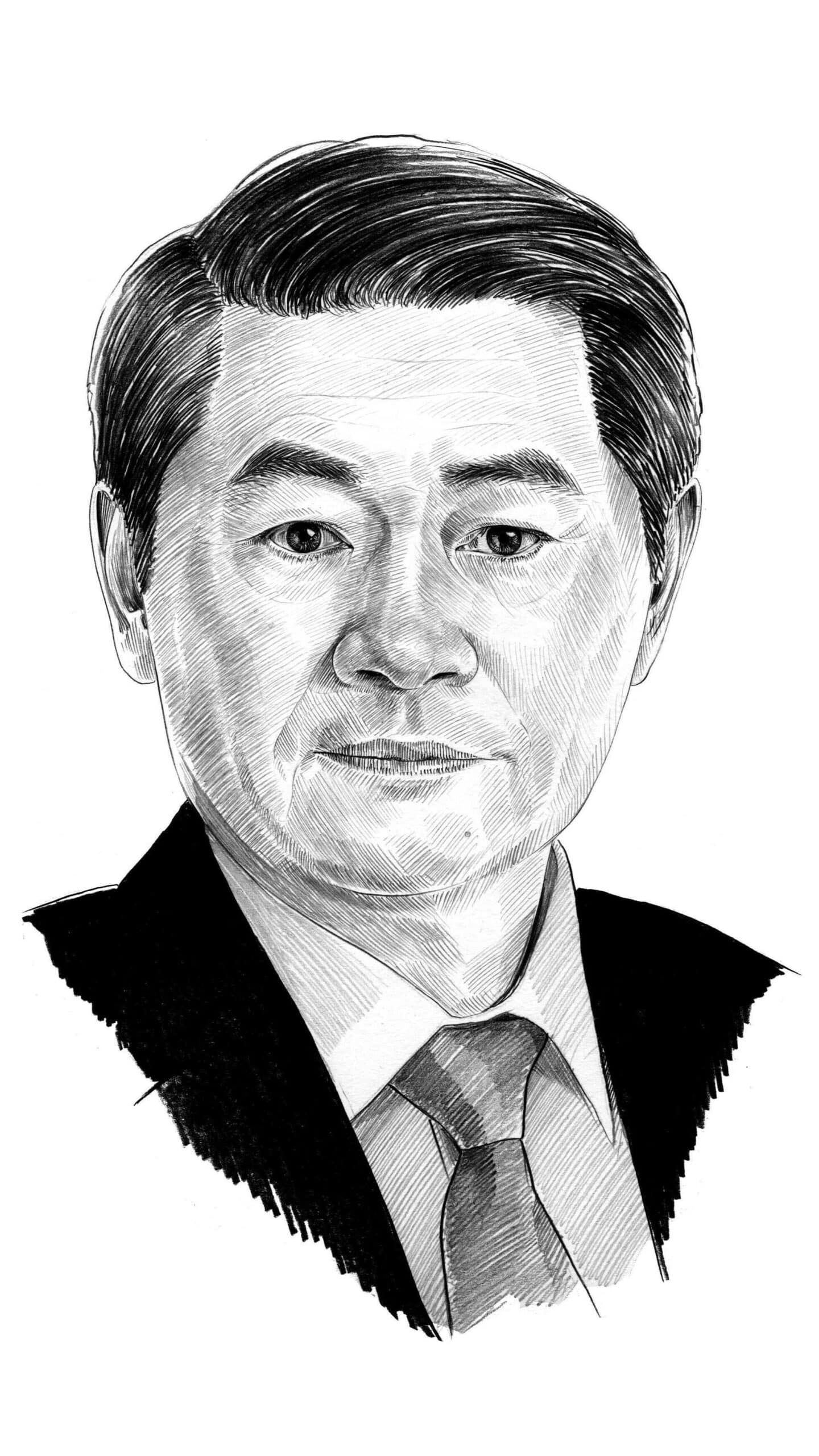Good evening. For Apple and its CEO Tim Cook, the union of the Chinese worker and the American consumer was the perfect marriage, one that would set Apple on a path to become the world’s first $1 trillion company. Cook was so pleased with the outcome that, in May 2016, he reached a secret, $275 billion China investment agreement with President Xi Jinping’s administration. But as Patrick McGee argues in an article adapted from his new book, Apple in China: The Capture of the World’s Greatest Company, Cook doubled down at precisely the wrong moment. Six months after the agreement Donald Trump would become, to most people’s astonishment, President-Elect Trump. And in March 2018 Xi abolished term-limits, setting himself for lifetime rule. These two events would eventually snare Apple in a geopolitical trap that will be difficult, if not impossible, for it to escape.
Also in this week’s issue: The Big Picture tracks U.S. and China tariff rates after the Geneva truce; Rachel Cheung on David Webb’s farewell; Henry Huiyao Wang on how Xi views the trade war; and five scholars say goodbye to Joseph Nye. If you’re not already a paid subscriber to The Wire, please sign up here.
Want this emailed directly to your inbox? Sign up to receive our free newsletter.

Tim Cook’s Biggest Gamble
By harnessing the power of China’s formidable manufacturing workforce in service of America’s insatiable consumers, Tim Cook transformed Apple into “the world’s greatest company”. But, argues Patrick McGee, Cook ultimately failed to imagine the potential geopolitical consequences of this strategy.
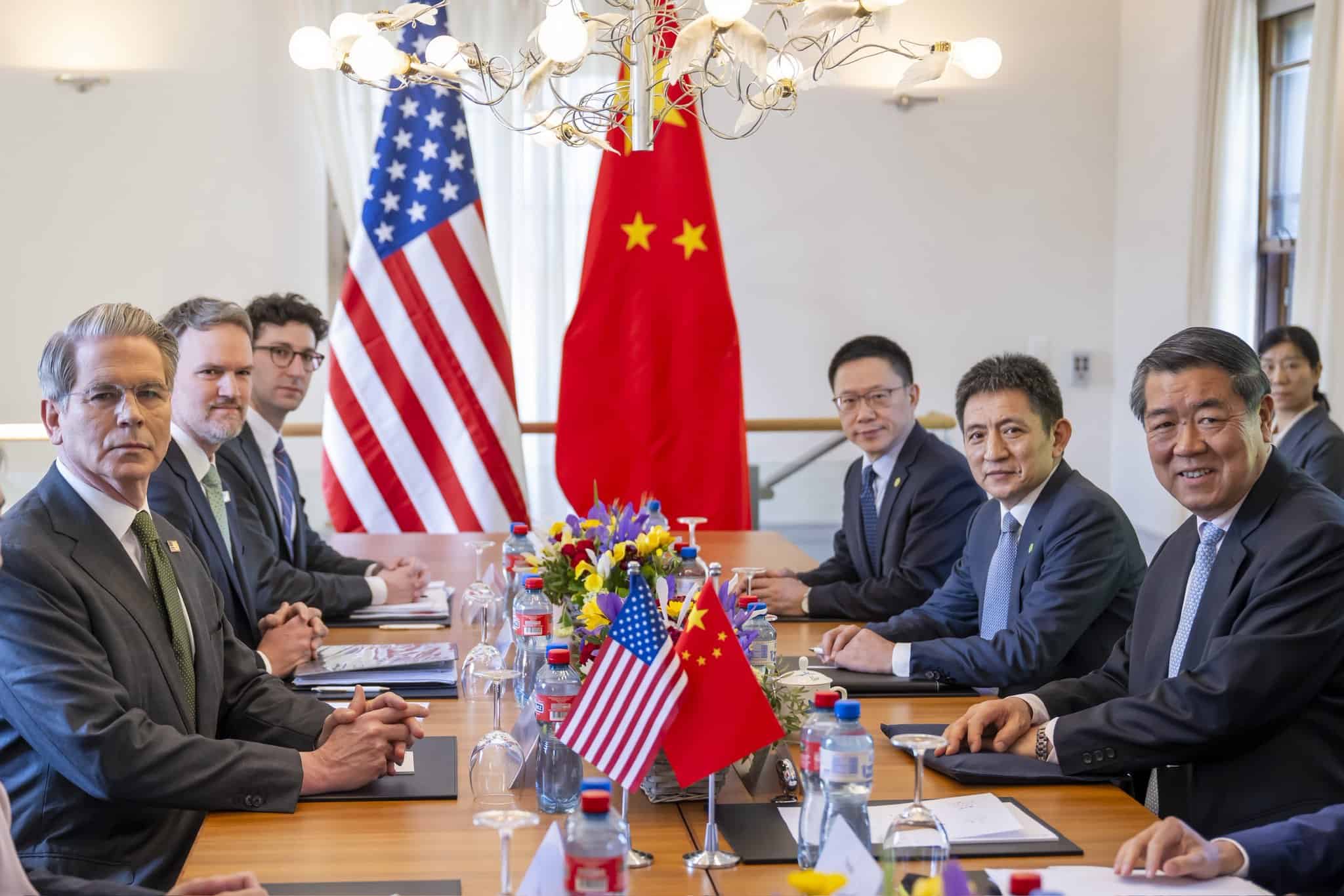
The Big Picture: China Tariffs: Where Are We Now?
Up. Up again. Down. Up again. Down again… Tracking U.S. President Donald Trump’s on again, off again tariff policies can induce migraine headaches — and that’s just for people trying to stay current with the news. Imagine the challenges for business managers trying to steer their global operations through the fog of Trump’s Second China Trade War. In this week’s Big Picture, Noah Berman maps out the twists and turns of the tariff rollercoaster.
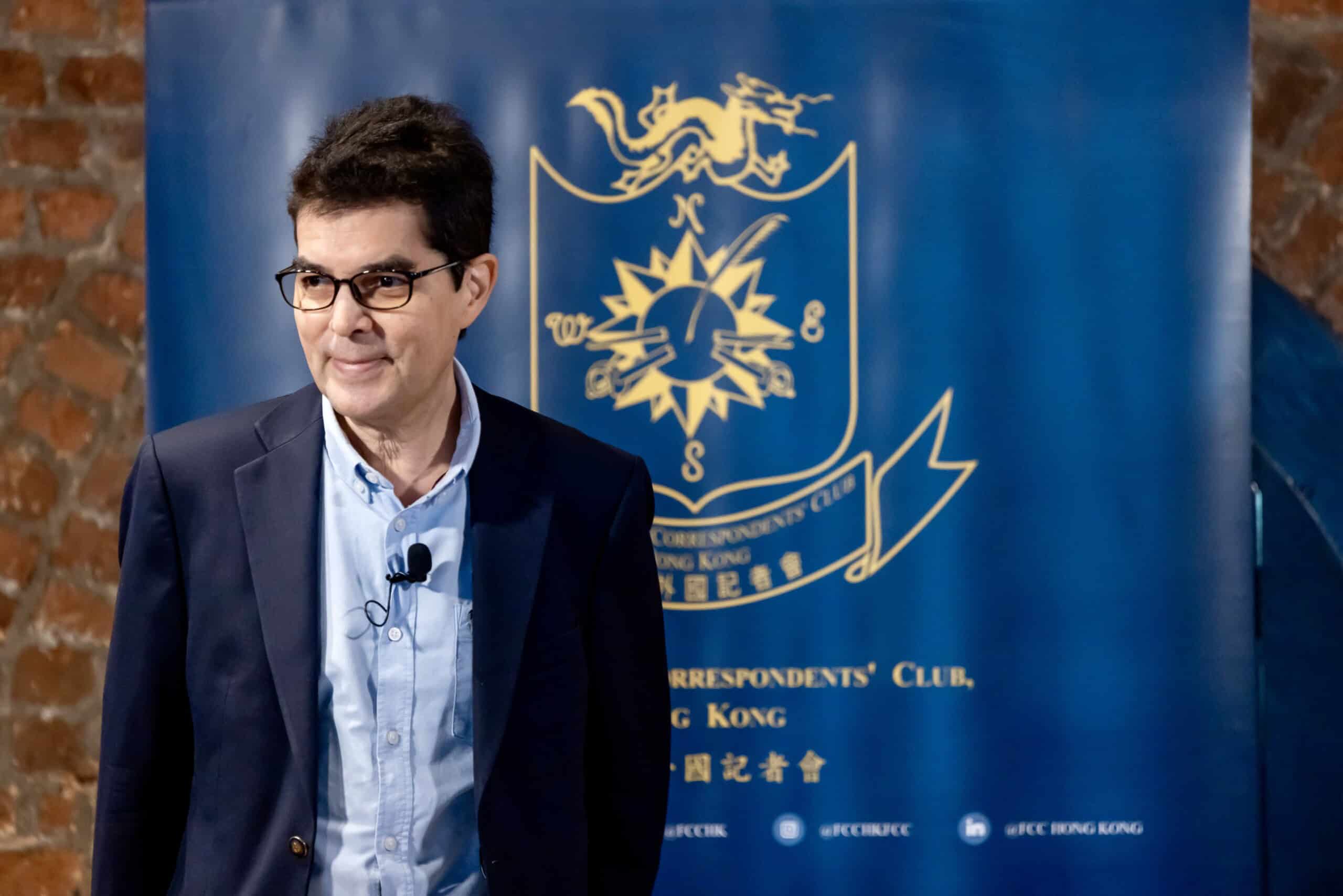
Hong Kong’s ‘Conscience’ Prepares to Leave the Stage
If you are an individual investor in Hong Kong, or a reporter looking for a good quote, you love him. If you are a tycoon or a Chinese state-owned enterprise trying to force a low-ball valuation onto minority shareholders in a dodgy privatisation deal, you hate him. For three decades David Webb has been a voice of reason on a wide range of Hong Kong policy issues, from class shares to taxi licensing, and a tireless chronicler of corporate and government shenanigans on his eponymous Webb-site.com. Now facing the final phases of a terminal illness, last week Webb took time out of his still busy schedule to say goodbye to his adopted city.
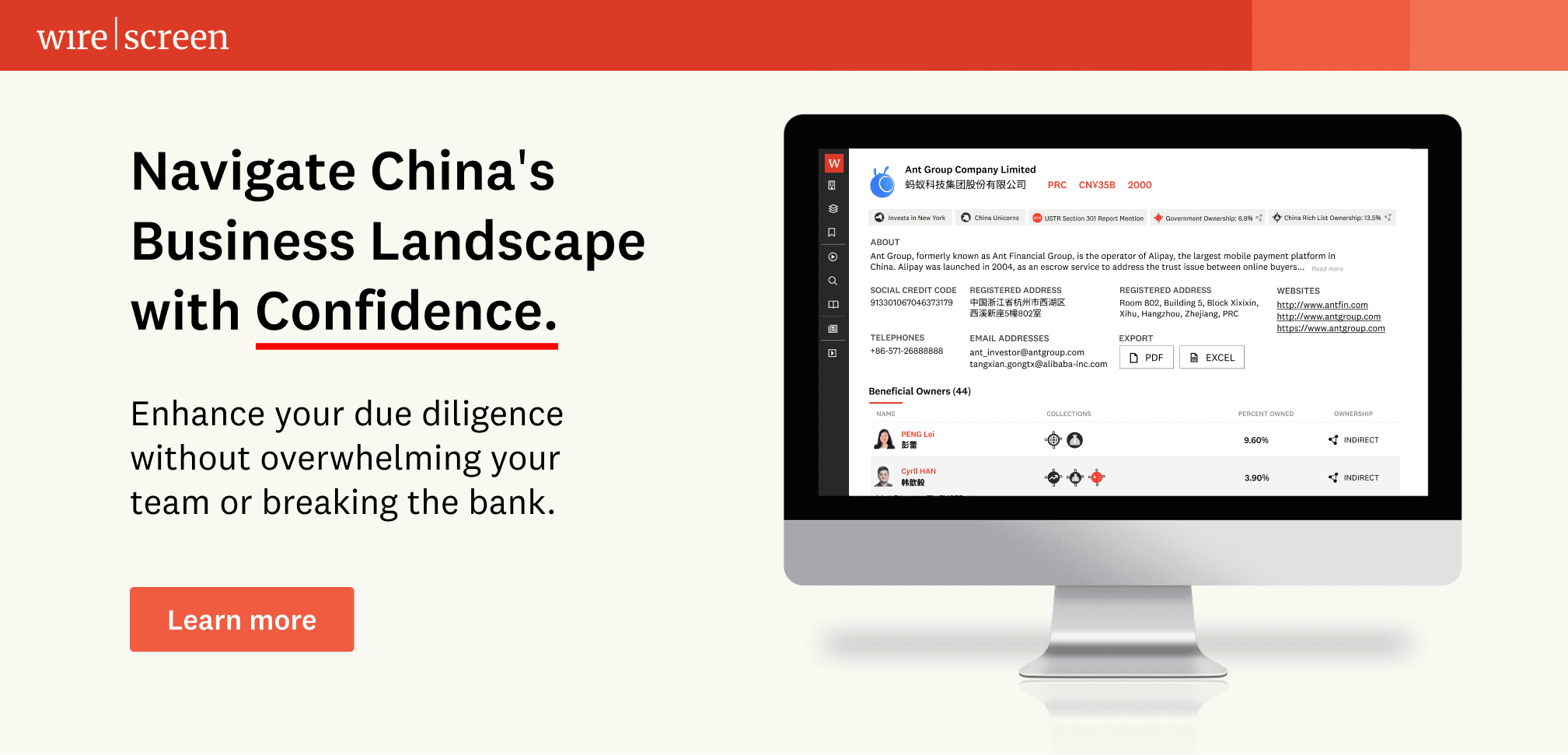
A Q&A with Henry Huiyao Wang
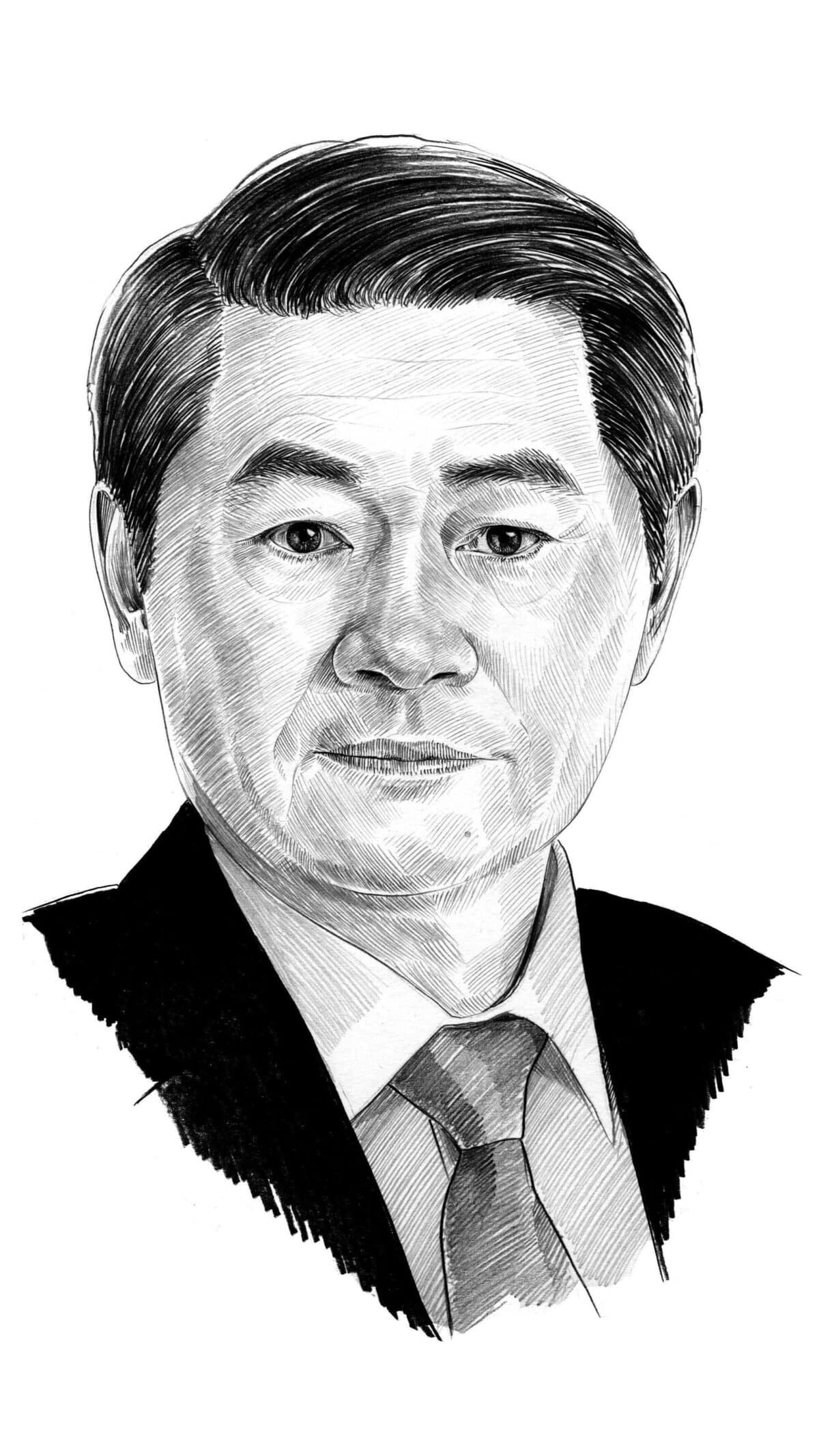
Henry Huiyao Wang and his colleagues at the Center for China and Globalization, a Beijing-based think tank, are well known in China-U.S. circles. They act as “track two” intermediaries with U.S. counterparts who share their interest in bridging the increasingly wide divide between the two countries’ leaderships.
“If we are not careful,” Wang tells Noah Berman, a “cold war mentality” will soon become a Cold War and maybe “even a hot one”. Part of his mission is to explain Chinese government policies that the Chinese government is often not very good at explaining itself, as well as trying to counter some of U.S. President Donald Trump’s bluster with calm reason. The U.S. merchandise trade deficit with China, he argues, is not what it seems. Wang also wants to remind the world that the U.S. has a $1 trillion global services trade — and a $300 billion surplus — “a big chunk” of which is from China.
Henry Huiyao Wang
Illustration by Lauren Crow
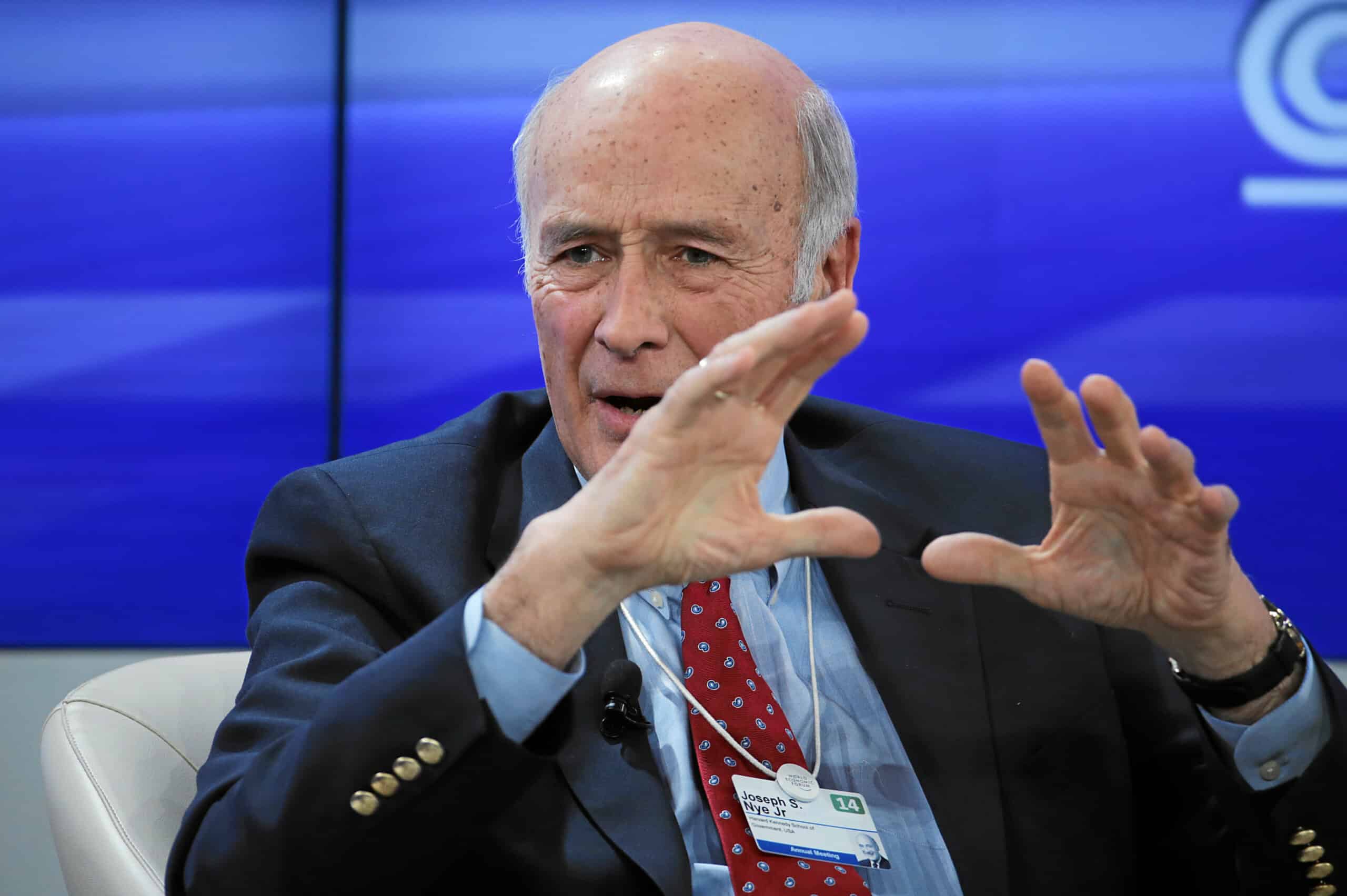
A Different Kind of Power
In a tribute to Joseph Nye, the influential Harvard scholar who died on May 6, five admirers reflect on how his insights into “soft power” might help China cast off its “rigid ideological fealty and bureaucratic risk aversion”, and thus win over hearts and minds in the West. They also remember a man who, “even as U.S.-China debates were reduced to binaries, held onto nuance — and the belief that power could still be principled”.
Subscribe today for unlimited access, starting at only $19 a month.

